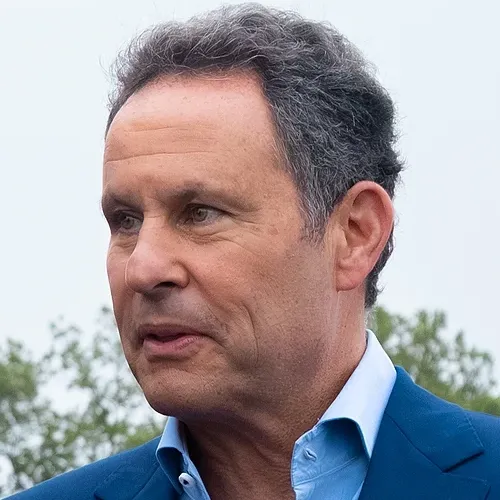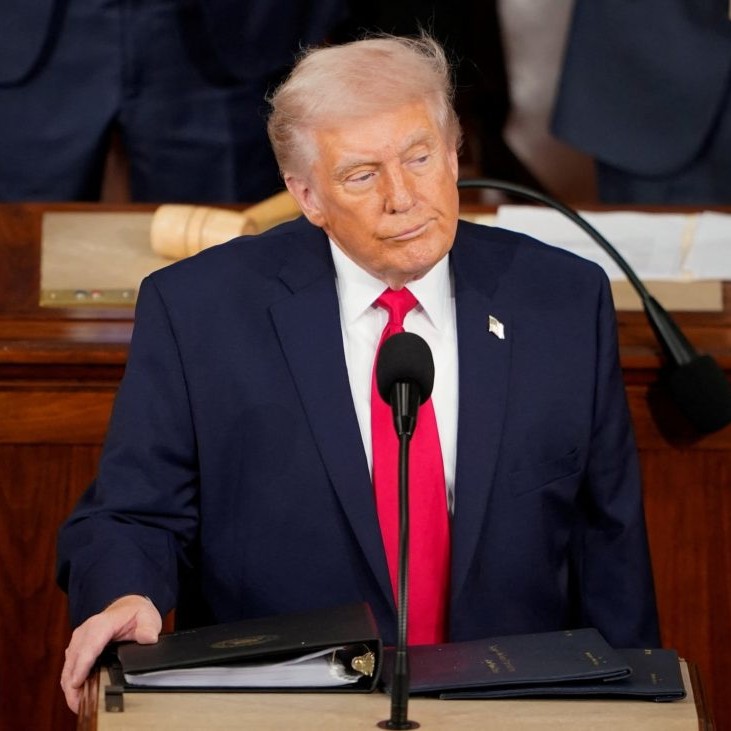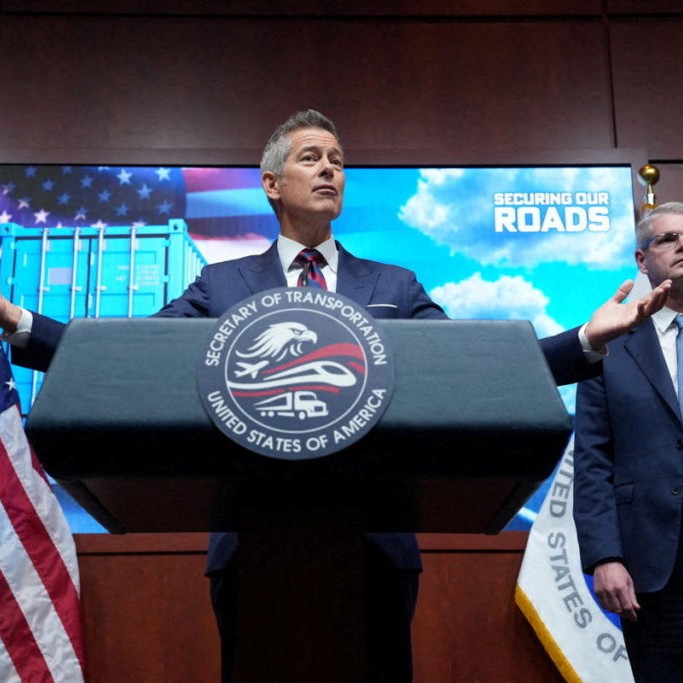
Brian Kilmeade, 2025.jpg). Official Department of the Interior (DOI) photo by Andrew King. Public domain.
Brian Kilmeade, a familiar face on “Fox & Friends,” found himself at the center of a firestorm after reportedly making a shocking comment about homeless people with mental illness. The remark ignited outrage online, forcing Kilmeade to issue a rare on-air apology for what he called an “extremely callous” statement.
The Controversial Comment
The incident unfolded during a “Fox & Friends” segment where Kilmeade and co-hosts Lawrence Jones and Ainsley Earhardt were discussing the August stabbing of Iryna Zarutska by Decarlos Brown Jr., a man described as homeless and mentally ill. Jones criticized public spending on homeless services, suggesting that those who refuse help should face jail time. Kilmeade took the conversation further, proposing lethal injection as a solution, “involuntary lethal injection, or something. Just kill ’em,” he said, as reported by POLITICO. Earhardt questioned why the situation had escalated to such violence, to which Kilmeade responded by blaming voters for not choosing the “right people.”
The comment spread online, sparking widespread condemnation. Critics called the remark inhumane and dangerous, especially given the vulnerable population it targeted. According to The Guardian, California Governor Gavin Newsom responded on social media with a biblical verse emphasizing compassion for the poor, highlighting the moral divide the comment exposed — “Whoever closes his ear to the cry of the poor will himself call out and not be answered” (Proverbs 21:13).
Kilmeade’s Apology and Defense
Facing mounting backlash, Kilmeade returned to “Fox & Friends” on the weekend edition to apologize. He acknowledged that his suggestion of lethal injection was wrong and expressed regret for the “extremely callous” remark, as reported by the Associated Press. Kilmeade clarified that he understood not all homeless or mentally ill individuals are violent and emphasized that many deserve empathy and compassion.
Despite the apology, the incident raised questions about the boundaries of commentary on cable news. Kilmeade, known for pushing provocative lines, now had to defend where the line should be drawn between edgy rhetoric and unacceptable speech. His remarks came at a time when media personalities are under intense scrutiny for their influence on public discourse and the potential real-world consequences of their words.
A Broader Debate on Media Responsibility
Kilmeade’s comment is part of a larger conversation about the role of media figures in shaping attitudes toward vulnerable populations. The suggestion of violence against homeless people with mental illness is not just a shocking soundbite; it reflects a clash between sensationalist media rhetoric and societal moral standards.
The timing of Kilmeade’s remarks was particularly sensitive. They came just hours before the assassination of conservative activist Charlie Kirk in Utah. In a related incident, MSNBC analyst Matthew Dowd was fired for suggesting that hateful rhetoric could lead to violent actions. Dowd’s firing contrasted sharply with Kilmeade’s continued employment, sparking debate about media accountability and the double standards in handling controversial statements.
Advocates for homeless people condemned Kilmeade’s remarks as devoid of humanity. Christine Quinn, CEO of Win, a New York City organization providing shelter and services for homeless children, invited Kilmeade to volunteer at one of their shelters, challenging him to see the issue from a more compassionate perspective, as reported by POLITICO.
Facts About Homelessness and Mental Illness
The discussion around Kilmeade’s comment also brought attention to the realities of homelessness and mental illness. According to The Guardian, studies show that people experiencing homelessness are more likely to be victims of violent crime rather than perpetrators. Research also indicates that mental illness alone is not a reliable predictor of future violence.
What This Means for Cable News
As public scrutiny intensifies, cable news hosts may face increasing pressure to balance provocative commentary with ethical considerations. The debate over Kilmeade’s remarks is likely to continue, reflecting broader societal struggles over how to address homelessness, mental illness, and the limits of acceptable discourse.
In the end, Brian Kilmeade’s “Just kill ’em” comment is more than a moment of shock. It is a flashpoint in the ongoing battle over media responsibility, the power of words, and the moral boundaries that define public discourse today.
References: Fox host apologizes for saying mentally ill homeless people should be executed | Fox News’ Brian Kilmeade apologizes for saying mentally ill homeless people should be executed | Fox News host apologizes for ‘extremely callous’ remarks on unhoused people







